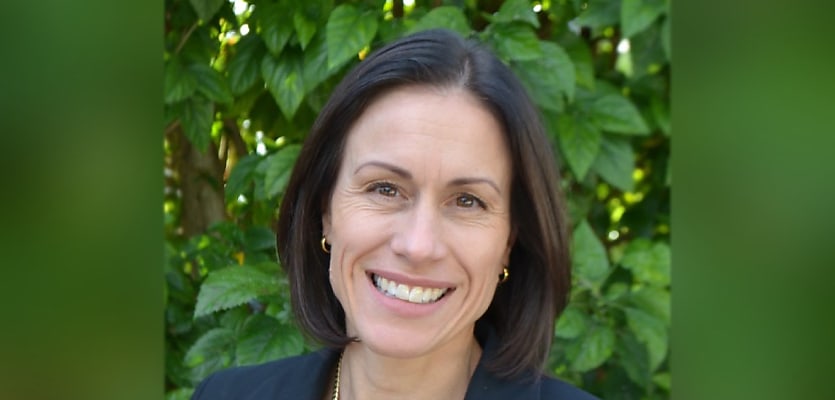The head of the leading national body for buyer’s agents has lifted the lid on unethical behaviour in the industry and revealed her top tips for how to best engage a BA.
In the recent REB podcast, Melinda Jennison, president of REBAA (Real Estate Buyers Agents Association of Australia), exposed the unethical tactics she’s seen in the industry.
Jennison touched on various matters, including licensing issues, buyer’s agents (BAs) inadequately undertaking their roles, and those who effectively silence clients from speaking about bad experiences.
Jennison said one major issue in the industry involves individuals taking shortcuts around state-based licensing rules.
According to the REBAA, in Australia, each state has varying requirements for BAs to run their own businesses.
To become a licensed BA, all states require a Certificate IV in Real Estate Practice or Property Services, and industry experience of 12 months in NSW, the ACT, Victoria and South Australia, as well as two years in Western Australia and Tasmania.
Additionally, Victoria, South Australia, Western Australia and Tasmania mandate a Diploma of Property Services (Agency Management) for BAs to obtain their full licensing.
However, Jennison said some people work around the requirements by becoming licensed in other states and using that licence to obtain mutual recognition in the state where they represent buyers.
“The biggest issue is that if you’re obtaining a licence in a state that you’re not actually purchasing in, you are not learning the legislation that you must operate within the state that you’re operating in,” she said.
Additionally, she warned that BAs may not actually visit a property and only recommend it based on photos online or the real estate agent’s advice.
She spoke of one horror scenario where a client entrusted a BA to purchase them a regional investment property, which only presented problems upon settlement.
“What happened is that the property manager they had engaged confirmed with them that the property was not habitable and that it could not be rented in its current condition,” Jennison said.
When the client confronted the BA about the matter, they were provided with a quote in excess of $14,000 to rectify the issues on the property so it could become habitable.
In a further hit to buyers, some clients have been silenced from talking about their terrible BA experiences with the media or others through legal deeds of settlement.
“[BAs] pay for the silence, effectively, which is just horrific to know that this is happening within our industry,” she said.
“And so it’s our job as representatives that are doing the right thing, and my job as the president of the Real Estate Buyers Agents Association of Australia to warn consumers that this is happening.”
REBAA recently launched a campaign warning consumers about the dangers of engaging underqualified BAs, as the industry sees an alarming number of undertrained, inexperienced agents entering the field.
The body has urged regulators to enforce stricter education and licensing standards, declaring that the current generic real estate licensing is inadequate for their specialised field.
When it comes to knowing what to look for in a BA, Jennison advised looking at their online presence and asking questions to find out the extent of their knowledge of an area.
“I’m a huge advocate for local area specialists. Not only are you going to get the knowledge and intel that data can provide you, but you can overlay that with local area knowledge,” she said.
She added it is important for consumers to ask their BA whether they are adequately licensed in the locations where they are buying.
“And you have a right to actually ask your buyer’s agent to provide evidence of their licence class.
“If you’re actually working with a buyer’s agent in one state, you have a right to ask them: Has the licence that you’re operating under been obtained in this state or have you obtained it elsewhere and obtained mutual recognition?”
Jennison also recommended that buyers ask the agents they are considering engaging whether they are members of the REBAA, which provides a level of due diligence for consumers.
“Every one of our members meets minimum standards and has adequate professional indemnity insurance in place, which is ultimately a protection for the consumer,” she said.
“Every one of our members is adequately licensed in the states that they’re purchasing in because this is part of our membership application process,” Jennison concluded.
Listen to the full conversation here.











You are not authorised to post comments.
Comments will undergo moderation before they get published.